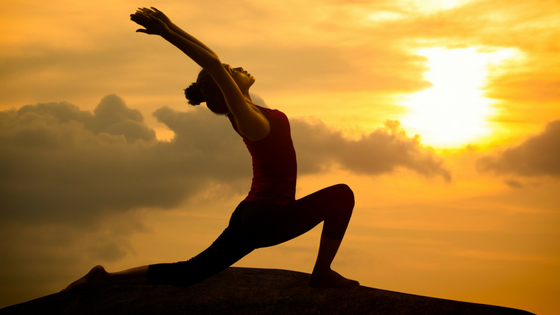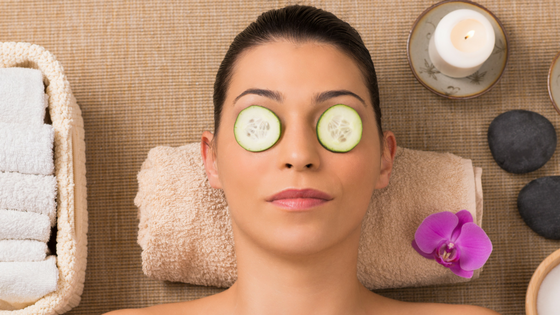
We hear a lot about coping strategies, and it’s not always clear what the term means. Eating better? Exercise? How are “coping strategies” different from “daily self-care?” Do we use them differently? All good questions. Let’s dive in, shall we?

Positive coping strategies help us handle the bumps and bruises life sends us. For some of us, using positive strategies doesn’t come naturally. Maybe we’ve tried before, with mixed results. We may even be afraid to change the way we respond to situations, because it could have impacts that we are not prepared to handle.

It’s almost a given that those of us living with mental illness have and use negative coping skills. Often, we know exactly what they are, too. I’ve sat in more than one group reading off a list of negative skills and with quiet nods of agreement all around me. Where they enthusiastically check off items on a list of positive skills we can try, the negative list is often left blank.
The color of shame.
The reality is negative coping skills exist for a reason. Somewhere we’ve learned them, for some reason we’ve developed them, in some way they benefit us. Understanding what these skills are, how we likely developed them, and what they do for us is important work if we want to learn how to live a better way. A healthier way. A less destructive way.

Routines—we all have them. Some of these routines are intentional – such as the bedtime routine – and others are ones we fall into. Routines are important for all of us; they create predictability and provide comfort. As we look at establishing healthy routines, we’ll provide a list of five steps to help us identify and tweak existing routines, and to build new ones.

R&R. Vacation. Time off. PTO. Whatever you call it, in our society, taking time to rehabilitate ourselves from the day-to-day grind is desperately desired and often neglected. Too often, we only think of “rest” as what we do on vacation, or the weekend. What if we were to invite rest and joy into our daily lives? What impact would that make?










